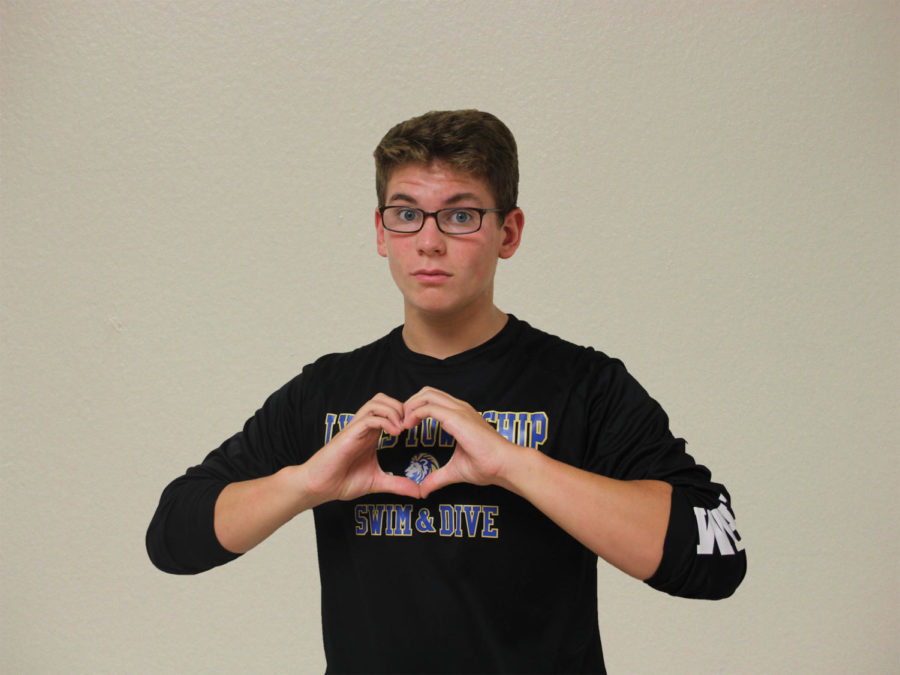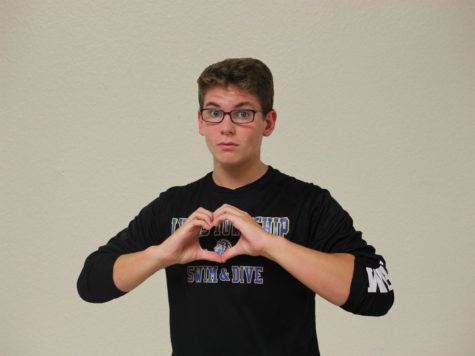Body image is (also) for boys
October 29, 2018
Whenever people think of the body positivity movement, their minds tend to drift to one of several places; whether it is Ashley Graham-the plus-sized cover model of the Sports Illustrated swimsuit edition in 2016; the denouncing of supermodels and the unfair expectations they put on girls; even the over-sexualization that is seen on the big screen of female actors. With the rapid growth of the body image movement there is a large aspect of the body positivity movement that I think deserves much more attention: Men.
Before I go any further, this is not one of those “Feminism is dumb and if the girls have a movement, we should have one too” columns. This is simply me saying my own opinions on male body image, based on my own experience with my body struggles.
In order to write a quality column on male body image I did something that I have always hated: I weighed myself.
It shouldn’t be that hard of a thing to do: just step on a piece of machinery and it tells you your body weight. However it’s more complicated than that, for me and many other people. That number means more than simply how much weight; to many people that number represents something greater, it represents the struggles people have with making unhealthy eating decisions and how they are perceived by society. I found out that I weigh 195 pounds.
When you punch that into a BMI calculator along with my 6-foot 1-inch height, it says that I am overweight. This is something that is hard for people, especially athletes like me, to hear. To know that you are always spending hours upon hours working hard on making yourself able to perform at your absolute best, seeing the word “Overweight” can break a person.
Body image is something that many men struggle with. In a survey taken by Healthday, anywhere between 20 to 40 percent of men have issues with their body and how others view it, or at least perceive how others view their bodies.
Many studies have shown that there is a direct correlation between poor body image and mental health and poor body image leads to lower mental health. This lack of body confidence is something that can affect thousands of people across the United States.
This is a problem that has no definitive answer, and the answer varies from person to person. People’s solutions for their body image struggles can fall anywhere between going on a diet and strict exercise regime for people who simply learn to love themselves for who they are.
For me I took more of the first route and I have never looked back. At the end of my sophomore year I weighed just as much as I do now. The difference is that I am now 3 inches taller and my body fat percentage is much less, and most importantly: I am significantly happier.
So to all my fellas out there struggling with things involving their body, don’t feel down on yourself. Make a change, whether it be physical or mental, do something to improve how you perceive yourself.
I can promise you that you won’t regret it.





















![Movie poster for '[Rec]" (2007).](https://www.lionnewspaper.com/wp-content/uploads/2023/04/rec-640x900.jpg)



